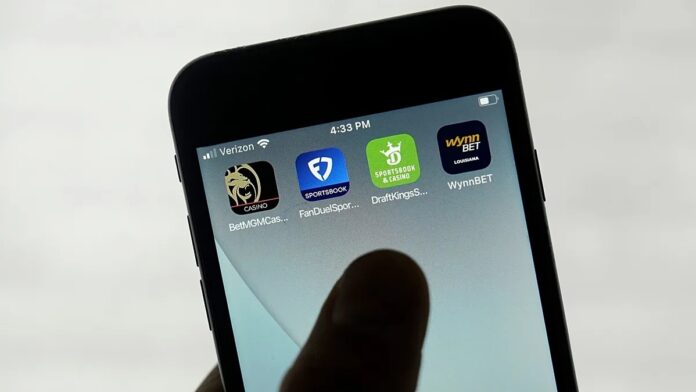Online gambling is booming, fueled by easier access and widespread legalization across much of Europe. But this growing trend comes with significant risks that individuals need to understand before jumping in. While platforms tout responsible gambling tools, experts warn that these features are most effective when set before engaging with the thrill of betting.
The allure of online betting lies partly in its speed and convenience. The ease of placing bets – often at breakneck speed – coupled with constant accessibility through apps, can lead to more rapid losses compared to traditional casinos. New platforms like PredictIt and Kalshi further amplify this risk by allowing wagers on a dizzying array of events, from election outcomes to celebrity gossip.
The Thin Line Between Entertainment and Addiction:
Public health advocates emphasize that the biggest red flag for problematic gambling isn’t just about money lost, but about time and priorities. If online betting consistently eclipses responsibilities towards work, relationships, or basic needs (like housing or food), it’s a warning sign. “We encourage people to only use money they would use for fun and entertainment,” advises Heather Eshleman, director of operations at the Maryland Center for Excellence on Problem Gambling. “Not money that should be used for essentials.”
Caleb Silver, editor in chief of Investopedia, echoes this sentiment: “You have to know before you do it how much you can afford to lose…What is your ‘tap out point’? Those rules have to be firmly established.” He highlights the lack of financial literacy surrounding online betting, urging newcomers to thoroughly understand terms like “money line,” “parlay,” and odds before placing any wagers.
Self-Regulation: Your First Line of Defense:
While platforms offer tools to set spending limits, time restrictions, or loss ceilings, these are most effective when implemented before the urge to gamble takes over. Apps like GambBan and BetBlocker can further restrict access to gambling websites during designated periods. Eshleman recommends reaching out to organizations like Gamblers Anonymous if you suspect a problem.
Industry representatives from major platforms FanDuel and DraftKings emphasize their commitment to responsible gambling practices. They compare setting limits to wearing seatbelts or using ride-sharing services after consuming alcohol, framing these tools as essential for user well-being and long-term platform sustainability.
Beyond Technical Safeguards:
Perhaps the most crucial aspect of avoiding pitfalls is recognizing that online gambling shouldn’t be a substitute for addressing underlying issues like stress or anxiety. Eshleman stresses: “If you’re taking care of your mental health, you’re less likely to have a problem with gambling.” She encourages alternative coping mechanisms such as exercise, socializing, sleep, and mindfulness practices. Openly sharing the experience with friends or family adds another layer of social support that traditional, solitary online gambling often lacks.
Remember: Approach online gambling with clear boundaries, self-awareness, and healthy alternatives to manage stress. The promise of quick wins can be seductive, but lasting well-being depends on prioritizing responsible choices over impulsive bets.



















































